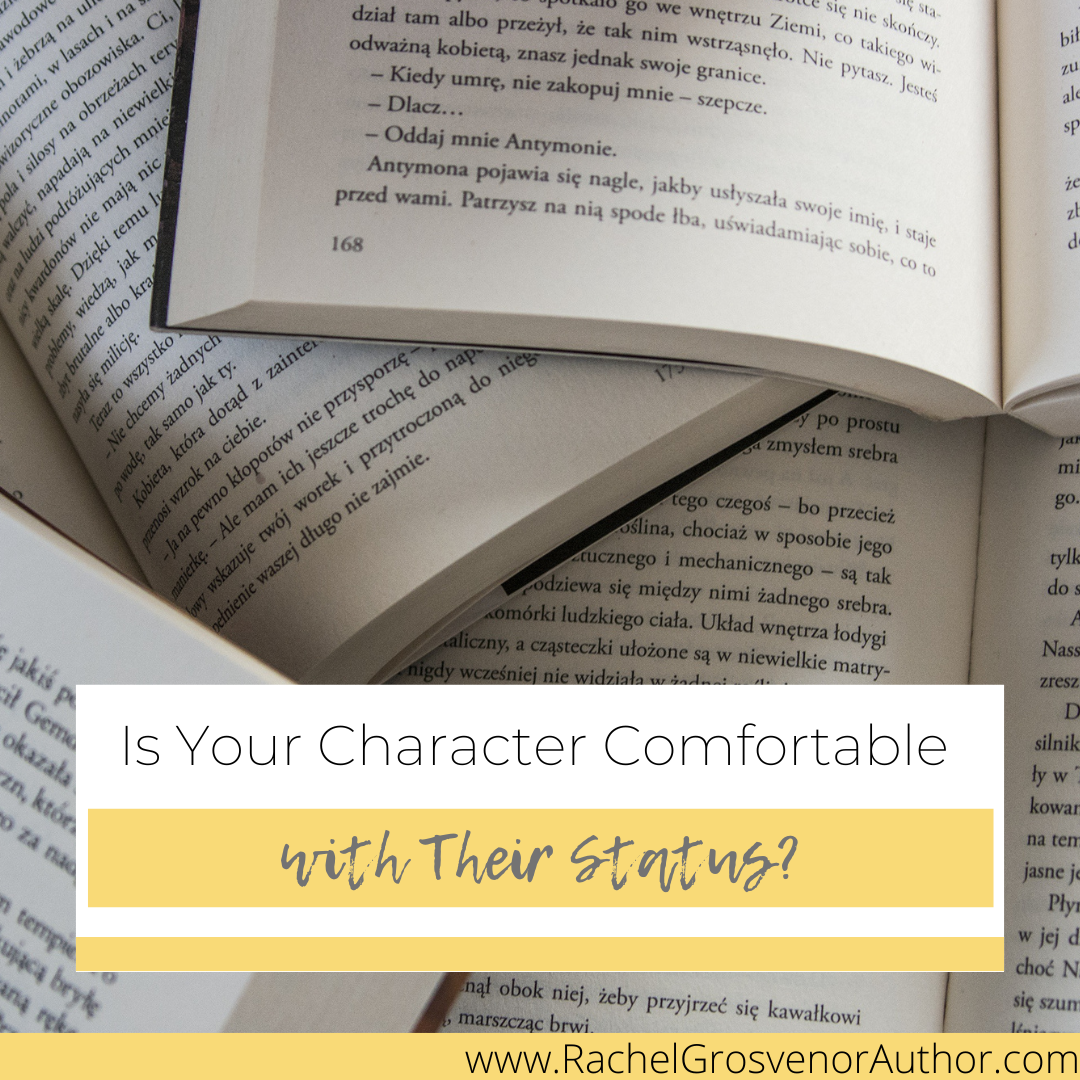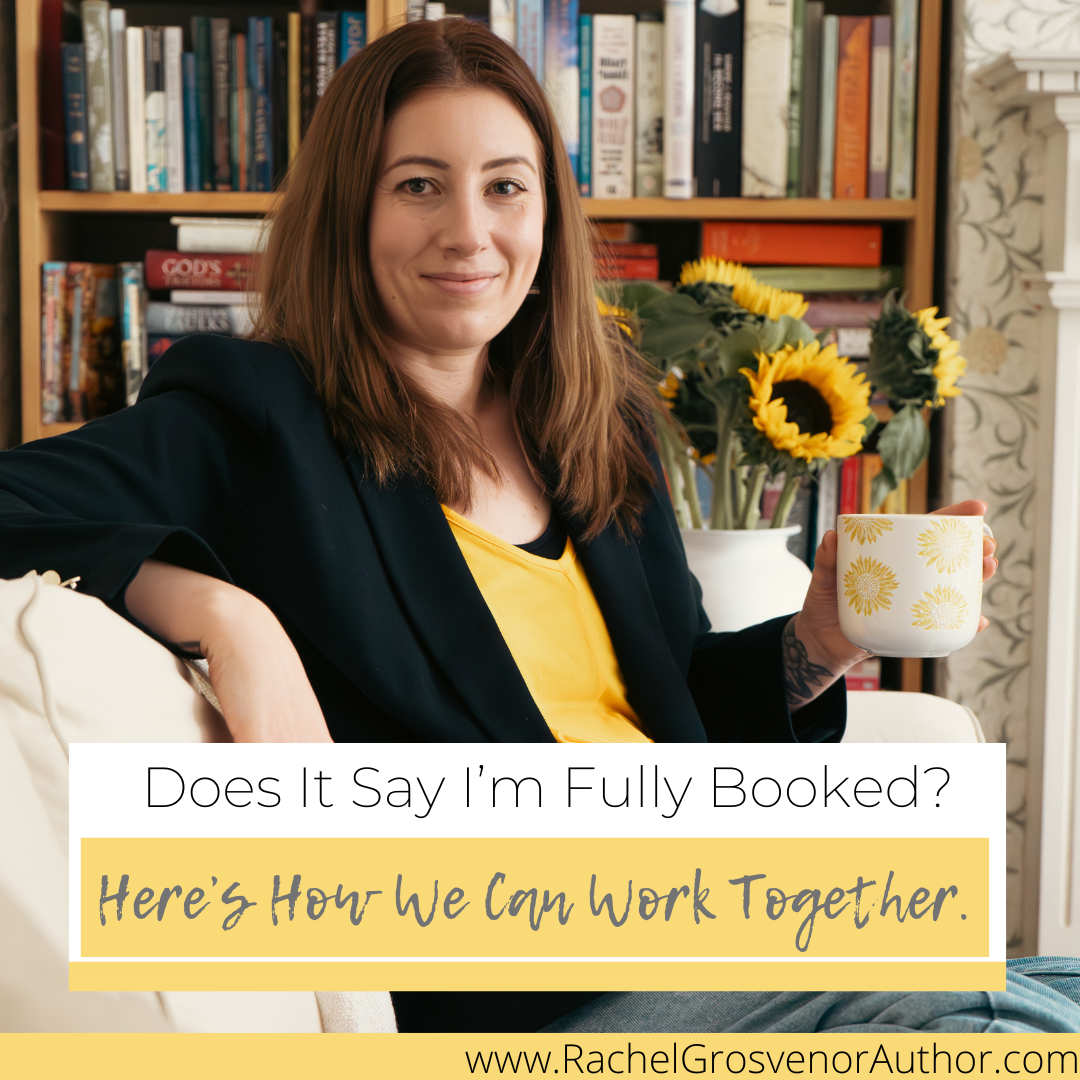Your creative tap might be rusting out of use, so let’s look at ways to get it turned back on and that innovative water flowing.
Here is one of my favourite writing quotes:
“The water does not flow until the faucet is turned on.” —Louis L’Amour.
What does this mean exactly? It means that we should not wait around for inspiration to strike if we want to get some writing done. Go after it with your pen poised. Let’s look into three ways to turn on that creativity tap:
1) Workbooks and Classes.
I cannot express to you the amount of joy that I found through Creative Writing classes over the year, both as a teacher and a student. They have helped me hone my skill set, understand what the craft of writing is about, and most importantly of all, have taught me to prioritise my writing life. Workbooks have a similar effect too, and taking that opportunity to write, create, and learn about something you care about, doesn’t just make you a better writer. It makes you a happier one, and it makes you more comfortable with the title of writer. You are a writer, friend, so it’s time to invest in yourself and your art.
I offer options for this – click here to see The Time to Write Workbook.
This has been developed to help you find time in your working week to write. For the price of a cup of coffee, you can invest in yourself.
I also offer the amazing It’s Time to Write Your Novel masterclass. This 40 class programme is designed to take you from procrastination to print – through the stages of writing your novel. The classes are developed to fit into a busy day so that finding time for yourself is not so difficult.
Once you begin to prioritise your writing life through workbooks, classes, and investing in yourself – you will find that the creative faucet is so much easier to turn on. After all, practice makes progress, and by setting this time aside to work on something you care about, you are making progress.
2) Writing exercises.
Writing exercises are the oil for the rusty faucet! I absolutely love them, and they spark exciting ideas. Here are two of my favourites:
Freewriting. Freewriting is precisely as it sounds – it is the act of putting pen to paper and writing a steady stream of consciousness.
Changing the point of view. Writing from another character’s point of view in your story is a fantastic way to get to know it better. Through this exercise, you can learn more about your characters, your world, and your plotline.
3) Investigation into your process.
If we do not spend some time considering how we write, why we write, and what makes our writing life better, it will never change. If you are not happy with the writing world you have created and find it hard to get inspired; it’s time to investigate your process. This act alone will help you develop a routine and writing process that actually works for you, meaning that when you sit down to write, you are ready to create with passion.
1:1 coaching is ideal for this step, and through working with a writing coach such as myself, you can understand your process and how you can create a novel you are proud of.
Try the above things if you want to turn that creative faucet on, and let me know how you get on! Looking for more productivity hacks? Click here.




 So, how can Maslow’s Hierarchy of Needs teach us about and help us develop our characters? It’s all about their motivation. Motivation is the thing that drives your character and story forward.
So, how can Maslow’s Hierarchy of Needs teach us about and help us develop our characters? It’s all about their motivation. Motivation is the thing that drives your character and story forward.




